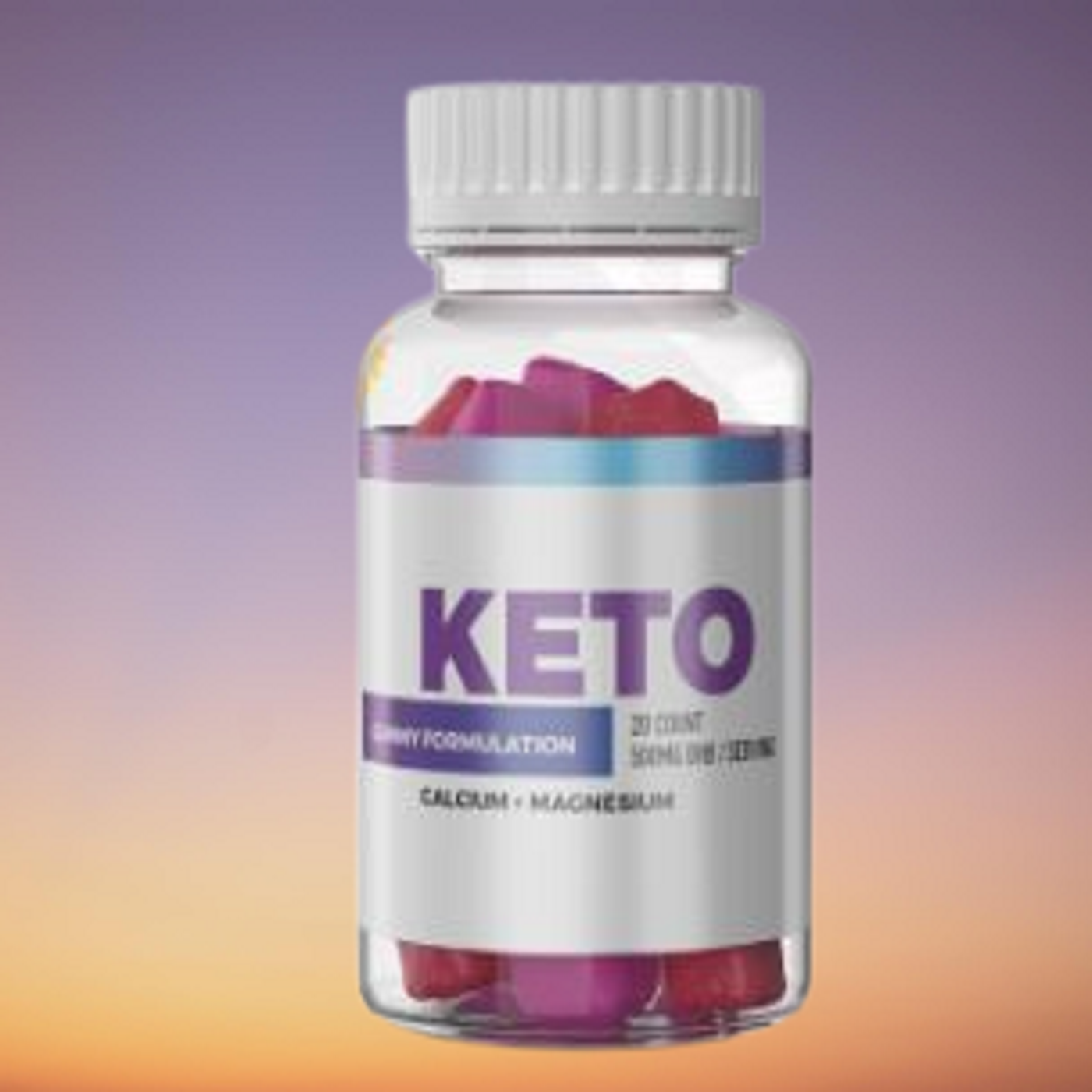Uncategorized
Is Alcoholism Hereditary? Studies Suggest Yes
However, certain physical and behavioral traits may indicate that alcohol adversely affects someone’s health. However, the Purdue/Indiana study revealed that the glutamate receptor signaling pathway, which is a connection of brain cells partly responsible for reward, contains a large number of alcoholism-related genes. The researchers said this may offer a place to start for future treatment. One study from the University of Pennsylvania School of Medicine found that alcoholism is tied to genes and mental health disorders.
This article will explain the signs and symptoms of alcohol addiction and outline the steps to take if you or someone you know may have an alcohol use disorder. Whether you come from a long line of hard alcoholics or from a long line of perfectly sober health-nuts, the choice to consume alcohol is the same for us all. Gene Heyman, a psychologist and professor at Harvard, discovered that “less than 20% of alcohol users become alcoholics.” It’s a yes or it’s a no. However, whether or not the alcohol consumes you may not be much of a choice after all.
Get Free Help Finding a Reputable Alcohol Treatment Center Near You.
It is hoped that such information will ultimately lead to improved prevention and treatment efforts. Some mental health conditions may be a risk factor for developing alcohol use disorder, including clinical depression and schizophrenia, which also have a genetic component. As we have learned more about the role genes play in our health, researchers have discovered that different factors can alter the expression of our genes. Scientists are learning more and more about how epigenetics can affect our risk for developing AUD.
In the study of complex disorders, it has become apparent that quite
large sample sizes are critical if robust association results are to be
identified which replicate across studies. Unfortunately, studies of alcohol
dependence have not yet attained these sample sizes. Meta-analyses, which
combine is alcoholism inherited results across a number of studies in order to attain the critical
sample sizes needed, are being developed. NIAAA has funded the Collaborative Studies on Genetics of Alcoholism (COGA) since 1989, with the goal of identifying the specific genes that influence alcohol use disorder.
Environment Vs. DNA
Medically supervised detox programs and evidence-based rehabilitation programs are available that specialize in treating AUD. In the future, there may be genetic therapies that help people control how much alcohol https://ecosoberhouse.com/ they consume; for now, behavioral therapies have proven very effective at managing these chronic health conditions. Prevention and education programs can address this risk as part of regular medical checkups.
RNA alternative splicing impacts the risk for alcohol use disorder … – Nature.com
RNA alternative splicing impacts the risk for alcohol use disorder ….
Posted: Tue, 23 May 2023 07:00:00 GMT [source]
As noted above, the functional ADH1B polymorphism is
not represented on GWAS platforms; GABA-receptor genes are often nominally
significant but well below genome-wide significance in these studies. Thus, the
genes and SNPs found through GWAS have had little overlap with previous findings
based on candidate genes/pathways and linkage analyses. There are several other genes that have been shown to contribute to the risk
of alcohol dependence as well as key endophenotypes.
Are There Addiction Genes?
However, genetically speaking, exactly how much of that choice is yours becomes complicated. Alcoholism is a disease, yes, but it happens to be one of the only diseases you can fully prevent with healthy decisions. Evidence suggests that some people may be genetically predisposed to say yes to drinking, and also that genetics help determine what happens to you if and when you say yes to drinking. Basically, if alcoholism is prevalent in your family, you still have the choice to say yes or no, but evidence suggests that you’re probably going to take that drink. While no one can control their genetic makeup, addiction is preventable. Having alcoholic family members doesn’t mean you’re going to abuse alcohol yourself.






